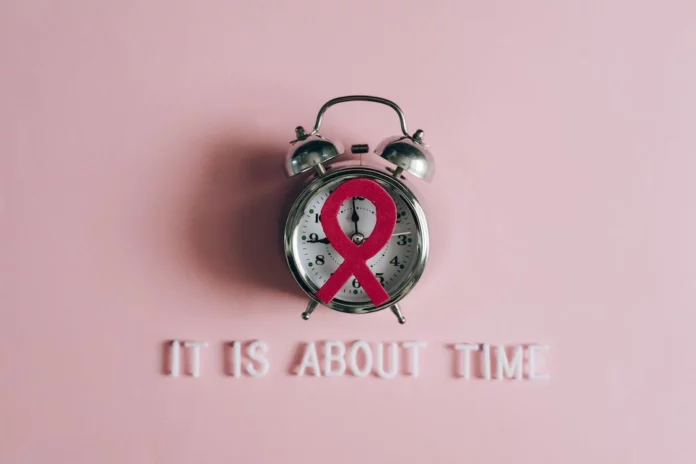It has been over forty years since the HIV pandemic and scientists are now shedding light on the defences, which are mounted against the virus. These discoveries can help in neutralizing the antibodies before they cripple the immune system.
Sub Class of HIV Antibodies
Researchers at Ragon Institute of Massachusetts General Hospital, MIT and Harvard University, Boston have figured out how a sub-class of HIV antibodies protects the body against the infection. This discovery can help in treating or preventing HIV transmission in the future, using antibody-based therapies.
The researchers wrote in Science Translational Medicine that a subclass of IgG targets HIV envelope proteins’ conserved regions aggressively. This enables a blockage in the viral entry through the antibodies, driving an immune response against the infected cells.
Dr. Jacqueline M. Brady and Colleagues underscored that the antibodies subclass triggers the innate immune system’s explosive activities. They wrote.
HIV broadly neutralizing antibodies are capable of both blocking viral entry and driving innate immune responses against HIV-infected cells
Innate Immunity
Innate immunity is the first response to harmful foreign bodies and it is present since birth. In contrast to acquired immunity B cells and T cells, which evolve with time. The innate immunity provides protection in multiple ways. Furthermore, it increases the inflammatory response and rids the body against pathogenic invaders.
The anti-HIV antibodies are a from the IgG antibody family, which are further divided into four subclasses engaging in multiple immune functions. However, it is still unclear what the extact role of each sub-class in anti-HIV immunity is. So, Brady and his collegues studied the role of VRC07. It is an IgG subclass member and also a broadly neutralizing antibody. Additionally, it is also an experimental HIV prophylactic.
Despite evidence that innate immunity contributes to protection, the relative contribution of individual IgG subclasses is unknown.
Brady and the team further added,
We used vectored immunoprophylaxis in humanized mice to interrogate the efficacy of individual IgG subclasses during prevention of vaginal HIV transmission.
They also studied how a change in the VRC07 subclass can boost or decrease the capacity for the prevention of vaginal HIV transmission in humanized mice. Furthermore, the experiements also revelaed that IgG2 antibodies subclass is less effective in the prevention of transmission in contrast to other subclasses.
Nevertheless, subclass of VRC07 with IgG1 may be able to prevent transmission of HIV at low concentrations. Moreover, it also indicates that this class of antibodies may be important in providing greater protection. However, it requires being engineered into therapeutics.
The research results suggest IgG subclass influences protection considerably for some broadly neutralizing antibodies. Furthermore, the new research is a novel approach towards attacking HIV emerged recently. And, despite the growth in diverse approaches, active reserach is being conducted on monoclonal antibody therapy.
Global health expert claim that a potent antibody may result in additional HIV treatments.
Brady and team concluded,
A maximally effective HIV antibody will likely be capable of broad, potent neutralization and substantial effector
function activity to maximize its potential to prevent infection at lower concentrations




